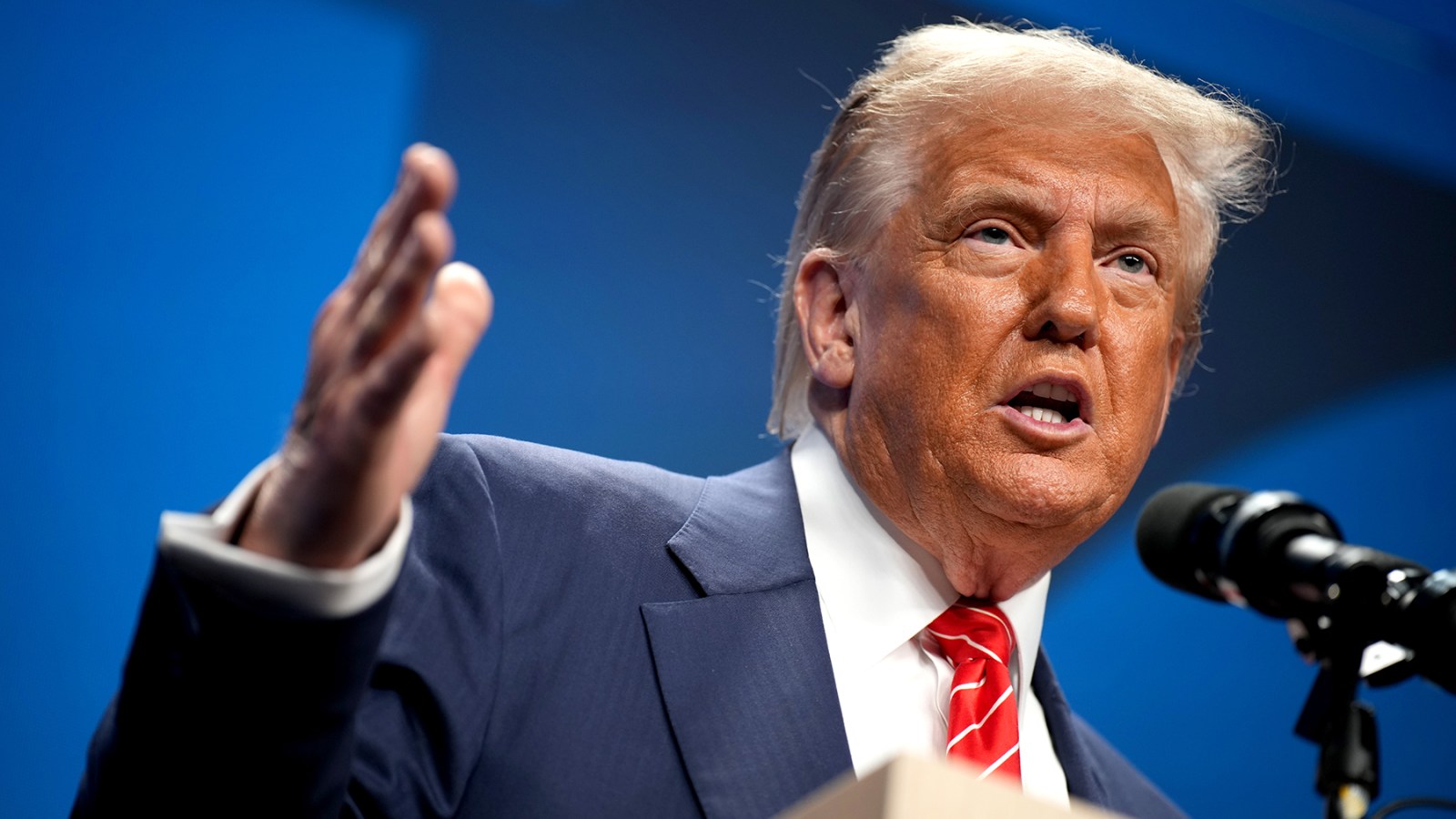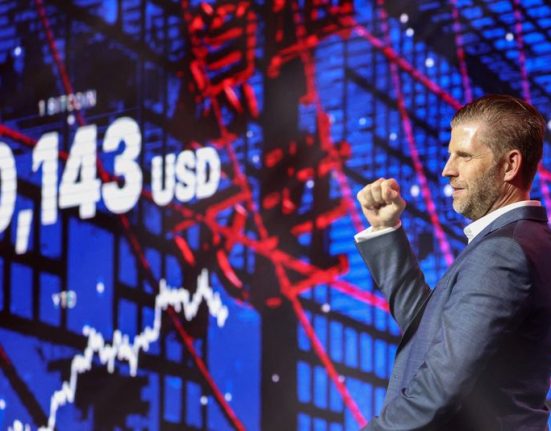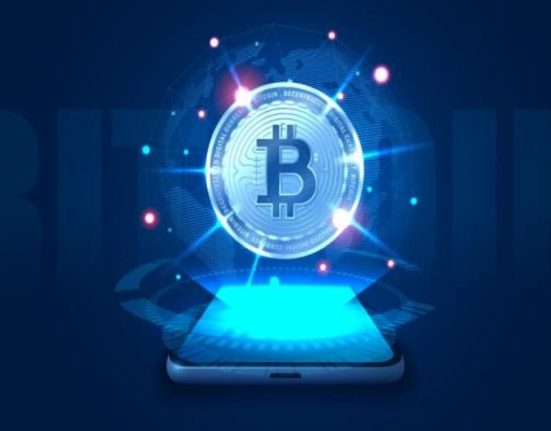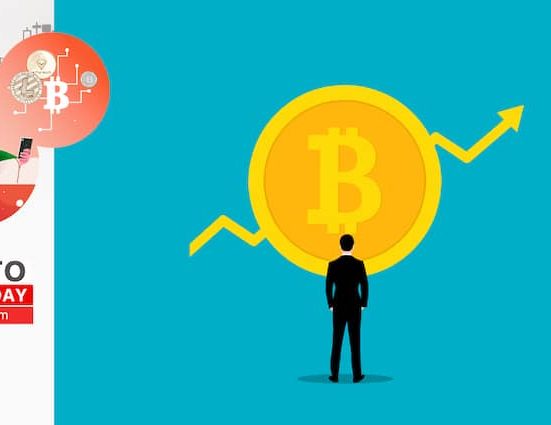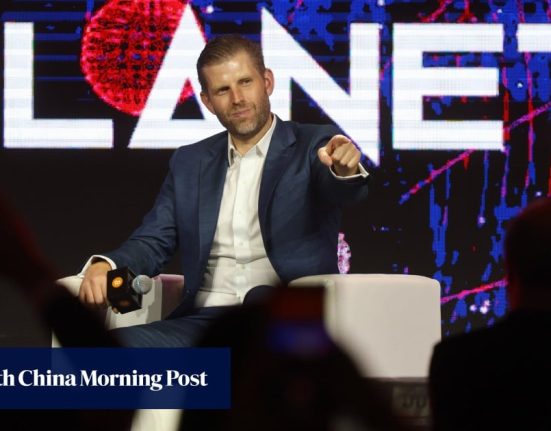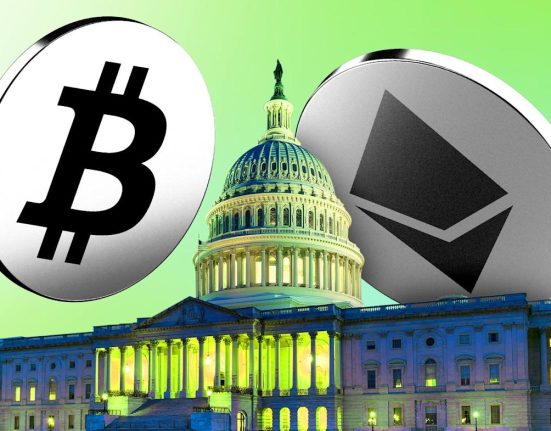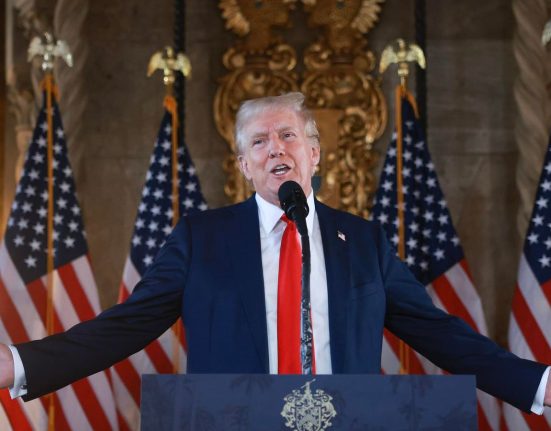One of the many ways that Donald Trump‘s first presidential term was unprecedented is that his brazen self-dealing triggered multiple federal lawsuits alleging violations of the Emoluments Clause, or the provision of the U.S. Constitution that bars federal officials from accepting money and gifts from both foreign and domestic actors. But two of those suits were dismissed after Trump lost the 2020 election, while a third was dismissed by the Supreme Court, overturning lower court rulings that let the case against Trump proceed.
In the opening months of his second term, Trump has been more aggressive than ever about cashing in on his powerful position, particularly in the cryptocurrency space. And new research from the anti-corruption watchdog group Accountable.US, shared exclusively with Rolling Stone, suggests that he is flouting the federal law against receiving emoluments in a new way. Trump isn’t only cozying up to foreign governments, including the United Arab Emirates, through deals with his family’s burgeoning crypto empire. He is also increasingly entangled with a major investor who claims the title of prime minister for a tiny European nation that doesn’t technically exist — yet.
The crypto industry backed Trump in 2024 — becoming the biggest corporate spender of the election cycle — and the president’s family has been substantially enriched by their new crypto plays, including collectible meme coins and the crypto exchange World Liberty Financial. Their combined net worth has soared by billions, crypto now accounts for a majority of Trump’s personal fortune, and his administration has made every effort to deregulate the digital asset economy. The situation has created obvious opportunities for individuals from within the U.S. and abroad to try to get close to the president by backing the Trumps’ digital asset ventures.
Last month, for example, Eric Trump and Zach Witkoff, a co-founder of World Liberty Financial, announced an eyebrow-raising deal. The United Arab Emirates-backed venture firm MGX, they said, would use the World Liberty digital coin USD1 for a $2 billion deal with Binance, the world’s largest crypto exchange. The Trumps and Witkoffs — Zach is the son of billionaire Steve Witkoff, the World Liberty co-founder emeritus and White House envoy to the Middle East — stand to reap tens of millions from the transaction. What’s more, in 2023, Binance pleaded guilty to an array of financial crimes, including money laundering, paying a fine of $4 billion. A separate Securities and Exchange Commission civil suit against the company was formally dropped in May as the agency abandoned a spate of enforcement actions against crypto firms.
Democratic Sens. Elizabeth Warren and Jeff Merkley warned in a letter that the creation of the USD1 token had “set the stage for a new level of public corruption by creating a fuss-free mechanism for foreign governments to provide [Trump] with kickbacks and bribes.” The lawmakers also noted that the MGX deal “may provide a template for other foreign governments to curry [Trump’s] favor.”
Trump’s ties to one crypto magnate in particular may raise similar emoluments concerns, according to Accountable.US. That would be Justin Sun, a Chinese-born crypto billionaire who until recently could not travel to the U.S. for fear of arrest for alleged financial crimes. Sun no longer has any problem attending events on American soil — including events with the president, or the ultra-MAGA Bitcoin 2025 conference in Las Vegas — because after he invested $75 million into $WLFI, the first digital token from World Liberty, the SEC froze its fraud case against him.
Now Sun is an official advisor to (and prolific promoter of) World Liberty, and his own digital asset platform, Tron, which the United Nations Office on Drugs and Crimes has called a “preferred choice for crypto money launderers” in Asia. Tron is set to go public in the U.S., with Eric Trump taking a role at the company. Sun has separately spent an estimated $40 million on $TRUMP, the meme coin the president launched two days before taking office, making him the largest investor in the gimmick token; he and approximately 200 other top buyers were invited to an exclusive dinner banquet at Trump’s golf club outside Washington, D.C. last month.
That’s not all. In October, Sun was elected prime minister of Liberland, a globally unrecognized micronation. Founded in 2015 by the Czech libertarian activist Vít Jedlička on about 2.5 square miles of land in Croatia next to the Danube, it remains mostly forested and has no permanent residents. But a website for the project claims that it has more than 1,000 citizens and has received nearly 800,000 applications for citizenship. The country’s theoretical economy and administrative functions are all blockchain-based, with one token used for business transactions and another for voting. There is no gun control, and taxes are voluntary, though only those who contribute them can vote on political candidates and legislative policy. Its motto: “To Live and Let Live.”
Sun serves as a de facto ambassador from the theoretical country and is campaigning along with Jedlička, the president of Liberland, to legitimize it in the eyes of other nations — the U.S. included. In May, Jedlička shared a video of Sun entering the White House complex with the caption “Prime minister of @Liberland in White House today!” Speaking about his initial investment in World Liberty ahead of Trump’s inauguration, Sun called it “a very precious opportunity for Liberland in 2025” and mentioned meeting with Steve Witkoff, who has retained a stake in World Liberty even while working for the White House. “I think if we have a very good stand on U.S. policies we will have a big breakthrough in the diplomatic relationship,” Sun said in a video shared on the Liberland YouTube account. Sun, Jedlička, and Liberland vice president Bogie Wozniak were all VIP guests for Trump’s inauguration festivities.
Richard Painter, a lawyer and professor and vice-chair of the watchdog group Citizens for Responsibility and Ethics in Washington, thinks Sun is probably “living in fantasyland” when it comes to turning Liberland into a real country.
But he says that a “real, genuine effort to set up a sovereign nation” — which Sun represents as a head of state — could put the emoluments question in play. Such a separatist campaign could encompass Sun claiming “his own financial regulations in this country,” says Painter, who served as George W. Bush’s chief White House ethics lawyer, asserting that “you can do things in crypto in [Liberland] that you couldn’t do in Croatia, because [Sun] can make the rules. This sort of becomes what Bermuda is for tax havens.” Likewise, Sun and his fellow ministers could signal a serious attempt to break away from existing governance by defying the financial regulations of the European Union, to which Croatia belongs.
In this type of scenario, Painter explains, Sun might indeed be seen as a foreign leader, and Trump profiting from his investments would be improper under constitutional law. “The Emoluments Clause applies to foreign princes and heads of state of foreign governments, but would also apply to those who claim to be foreign governments who claim sovereignty, whether or not the United States recognizes that,” he says. “We don’t formally recognize Taiwan anymore, but if something came in from the government of Taiwan, we’d see it as an emoluments violation.”
Having the Trump administration acknowledge Liberland as a distinct state outside Croatian and EU law would throw this corruption issue into sharper relief — yet Sun and his allies clearly stand to gain from such a diplomatic development. Running their own blockchain-based sovereign country as a cabal of crypto kingpins, they would no doubt make the most of the freedom from regulatory oversight there.
Neither World Liberty Financial nor Sun returned requests for comment about the ethics of the business relationship between Sun, the president, and the crypto ventures controlled by the Trumps.
White House Deputy Press Secretary Anna Kelly did get back to Rolling Stone with a statement. “The President is working to secure good deals for the American people, not for himself,” she wrote. “President Trump only acts in the best interests of the American public — which is why they overwhelmingly re-elected him to this office, despite years of lies and false accusations against him and his businesses from the fake news media.”
Accountable.US Executive Director Tony Carrk disagrees about Trump’s priorities. “In total disregard for the Emoluments Clause and every presidential ethical standard, Trump and Steve Witkoff are using a barely regulated crypto scheme to grab up tens of millions from an accused Chinese crypto fraudster whose riches seemingly helped elevate him to be leader of his own micronation — and now wants recognition from the U.S. government,” Carrk said in a statement shared with Rolling Stone.
“While Sun and many other foreign investors with hidden agendas were invited to buy first-class access to the president, Trump has yet to make time for any one of the millions of Americans about to lose their health coverage and food aid under the ‘beautiful’ Trump tax giveaway for the rich,” added Carrk. “Wearing corruption on his sleeve seems to be President Trump’s strategy for avoiding congressional scrutiny. But his allies in Congress shouldn’t wait around for Trump’s many self-enrichment schemes leveraging the power of the White House to leave American working people and our national security worse off.”
Representatives for World Liberty Financial have not been shy about advertising how major investments in the firm can secure a line to the president, who until recently was listed as the company’s “chief crypto advocate” and is the first person featured on its website, as a co-founder emeritus, alongside his sons. He also, of course, effectively dictates U.S. crypto policy. World Liberty has approached a wide range of foreign businesses in looking to establish relationships that raise its profile and, as of March, had sold more than half a billion dollars worth of its tokens. When it comes to the conflicts of interest Trump has embraced in this field, and the scale of these possible emoluments violations, both have absolutely dwarfed the repeated allegations of foreign governments paying Trump through his hotels and restaurants in his first term — the deals that brought the unsuccessful emoluments suits against him in his first term.
Liberland did once get in on the Trump hotel scheme, though. In 2018, a year after a delegation from the tiny region attended the president’s first inauguration, its leadership threw an exclusive reception for American lawmakers at Trump International Hotel in Washington, D.C., spending at least $750,000 on accommodations. The Trump Organization sold the hotel in 2022, and today, the first family sees far bigger windfalls from its crypto partners. After more than a century as real estate moguls, the dynasty has found greener pastures.

